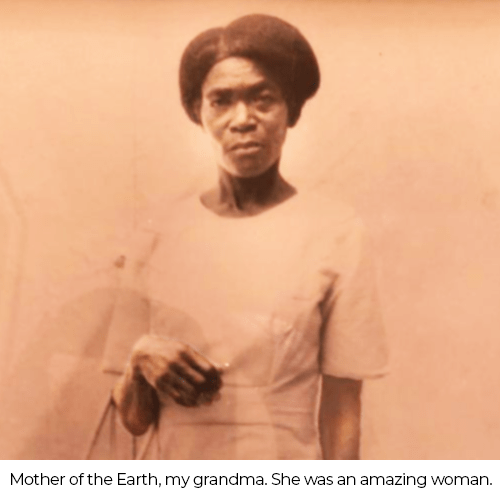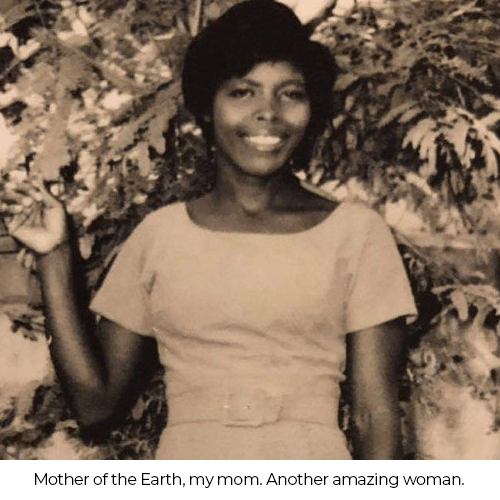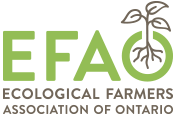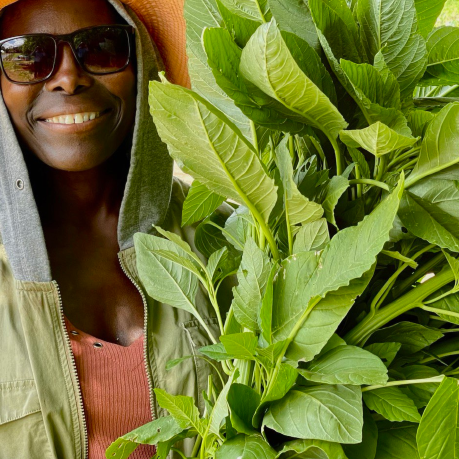Tiffany Lauren of Agápe Farmgates and Trout Lily Organic Plant Nursery discusses collective care, growing culturally diverse crops, and her journey as a farmer.
Could you tell us a little bit about your farm journey? Describe the moment you realise you want to become a farmer.
My grandparents, who were biodynamic farmers in St. Elizabeth, Jamaica, taught me the importance of being a good steward of the land. They had vast farms with mainly sugar cane and various fruits, vegetables, nuts, and herbs. They only used machines on their land where sugar cane was growing. In addition to that, they raised chickens, goats, and pigs. We got milk from the goats and meat from the farm animals. We got our vegetables, fruits, and nuts from the land. I enjoyed eating the freshly harvested cashews and peanuts the most. My grandparents involved me and my sisters in everything they did on their farms. They gave each of us a chicken of our own. We had to care for our chicken and keep the eggs to do as we wished. Sometimes, we played with the egg too much and ended up dropping it. After a lot of crying, Grandma would replace the broken egg with her own. Most times, we cook and eat our eggs. When we moved to Toronto, my parents and I grew vegetables in a backyard garden.
I found my purpose in life in my early teens and started pursuing my passion. I began volunteering at Peel Memorial Hospital, serving meals to seniors when I was 16. In my mid-20s, I volunteered at a shelter for women called Street Haven. There, I worked with chefs to prepare and serve food to the residents. Over the past four decades, I’ve volunteered at numerous non-profits, and growing, preparing, and serving food has been a constant at these non-profits.
While volunteering at the Daily Bread Food Bank on Bathurst Street in the early 90s, I noticed the need for fresh produce. I saw many families without access to fresh produce while volunteering with the Children’s Aids Society. During the mid-90s, my outreach work at Police Headquarters led me to a senior’s home. The distressed senior I met was eating cat food on Premium crackers. That sight and the lack of fresh produce have never left me. I’ve always wondered how to get fresh food to clients who frequent the food banks.
In October 2012, I started volunteering at PWA (Toronto People with AIDS Foundation) as an Ally. I became an Essential Market ambassador and community garden team lead. During my eight years at PWA, I learned how to bring fresh produce to the needy community. With help from clients and neighbourhood residents, we managed a fourteen-plot organic garden in Moss Park, where we grew organic vegetables and herbs for PWA’s food bank, called the Essential Market. Each year, we harvest about half a ton of fresh produce for the food bank, and the clients are always grateful for the fresh foods.
My volunteer work fuelled my desire to farm, and my grandparents’ practices inspired me to continue their legacy by growing food organically.
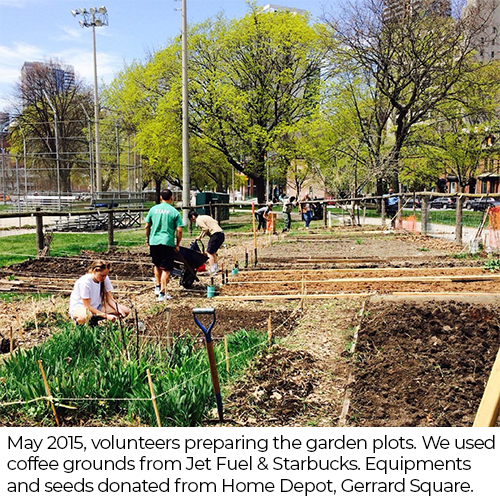
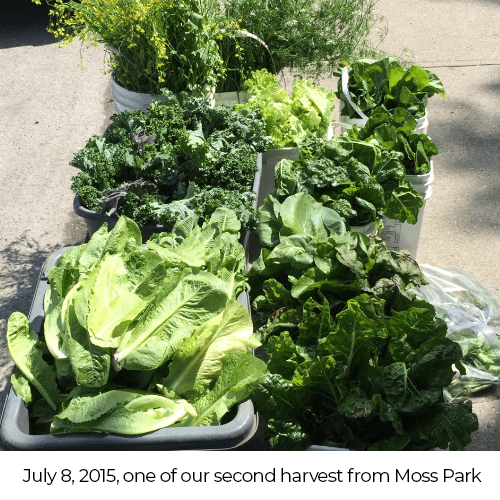
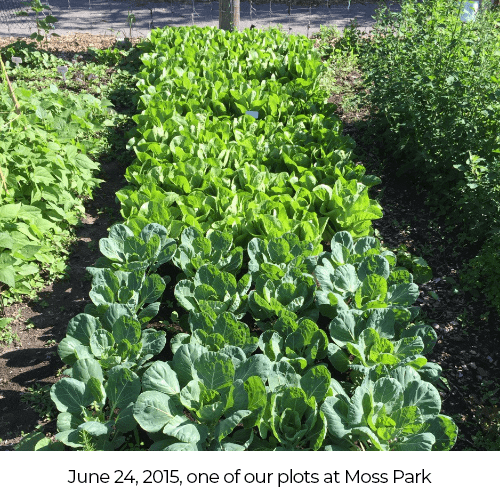

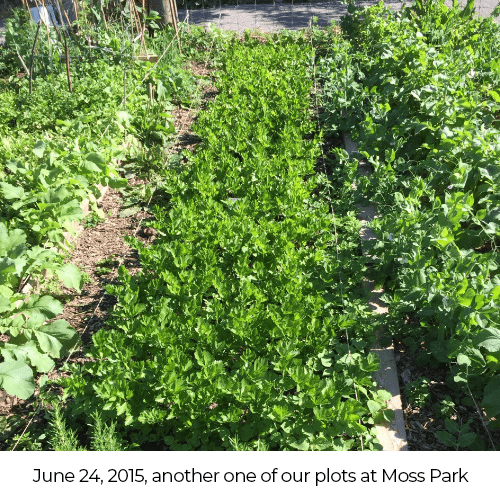
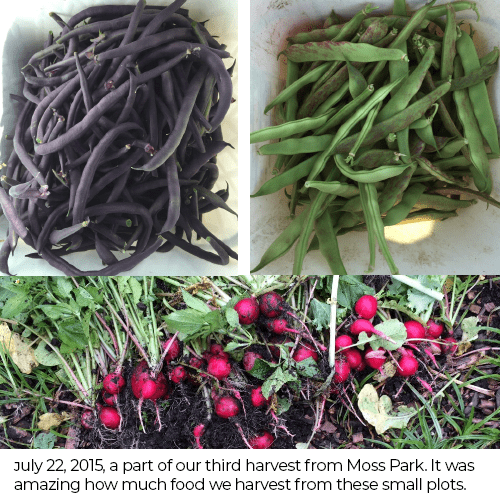
How did your business get started?
I started my for-profit farming business in 2020. I moved from urban to rural farming, and I noticed a business opportunity for offering local, culturally diverse food.
My passion for growing diverse food inspired me to name my business, Agápe Farms. Agápe means unconditional love. I started my farming business in Guelph and quickly expanded to Milton and Puslinch. With the help of friends, we grew abundantly in all three locations.
Although the business made no profit in the first year, our start-up was a success. We were blessed to help many people who suffered during the pandemic. We were able to offset several start-up expenses with a bumper food crop. We were able to reach more people. We donated to lockdowned friends and various food banks, including PWA, Eden Food Bank in Mississauga, and a soup kitchen in Scarborough.
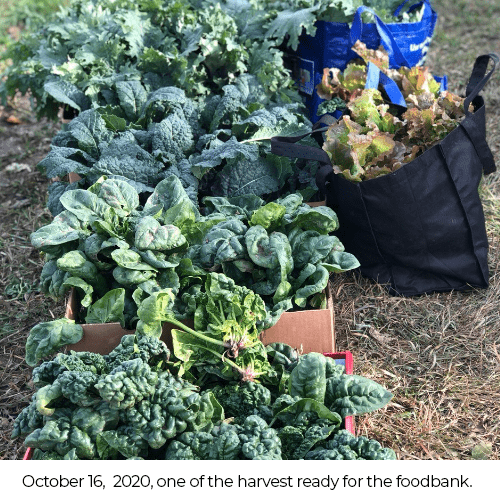
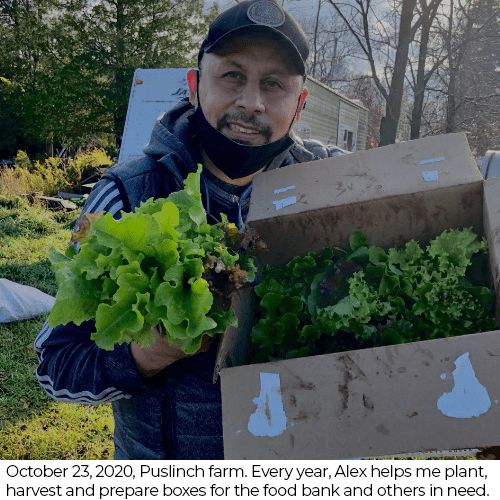
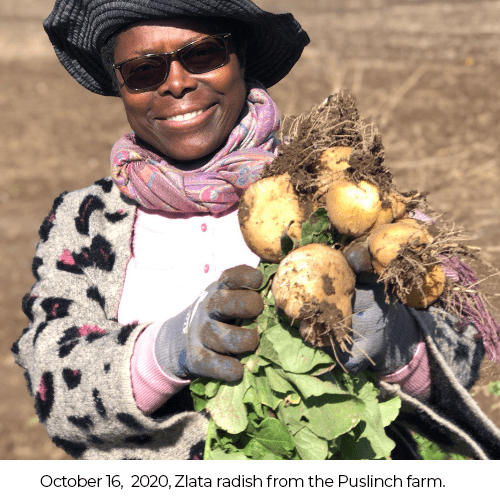
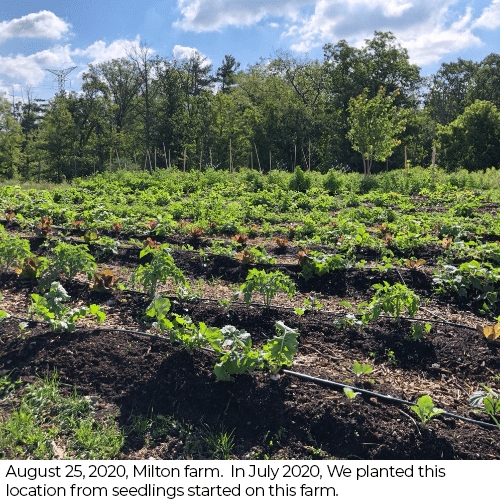
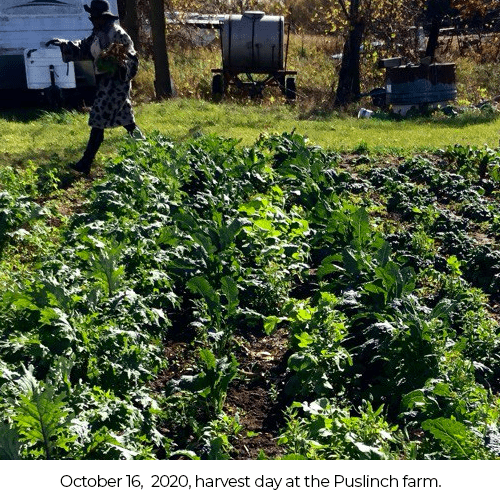
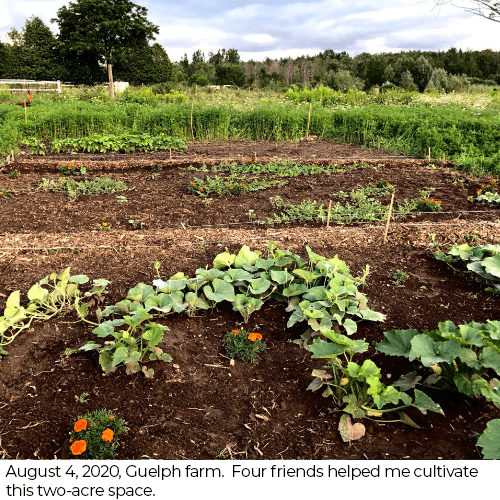
What’s the biggest change you’ve undertaken in recent years?
The biggest change we’ve undertaken was the November 2022 purchase of Trout Lily (See TroutLily.ca). Trout Lily provides seedlings certified organic by Ecocert Canada, according to the Canada Organic Regime (COR). The change to Agápe Farms DBA Trout Lily means we can now market high-demand seedlings to the public. We use these seedlings to grow and harvest high-demand organic crops.
In 2023, Agápe Farms expanded its food catalogue. We added culturally diverse seedlings. Having COR’s diverse products gave the business government-backed trust and transparency.
What’s next for Agápe Farms?
2024 is shaping up to be an exciting year for Agápe Farms. In January, we introduced Agápe Farmgates. A farmgate benefits the community. Families who purchase from the Farmgate do so without markup. Farmgate organic food is fresher and available on a sliding scale.
Our mission is to address food insecurity and sovereignty. We aim to use practices which support a circular economy. Our vision is to provide access to diverse organic food, from seed to farm to table.
We strive to build a circular organic food hub. We wish to partner with like-minded youth entrepreneurs, newcomers, seniors, chefs, and local food markets.
We look forward to working with Christian Cummins, a youth entrepreneur. He is a member of the EFAO, who will deliver nutritious meals to the community. We intend to reach more newcomers. We expect to limit barriers such as transportation and skills development. Our long-term goal will be for newcomers to express an interest in starting their own farm business. Agápe Farms recognizes the importance of seniors. They are an essential source of wisdom. Their experience serves as a basis for future mentoring of youth and new farmers. We look to promote our circular organic food hub to graduating chefs in Food Studies, Hospitality and Culinary Arts. We expect to take our role at the local farmer’s market to the next level. Our goal is to increase community involvement. We aim to offer nutritious organic food on a sliding scale.
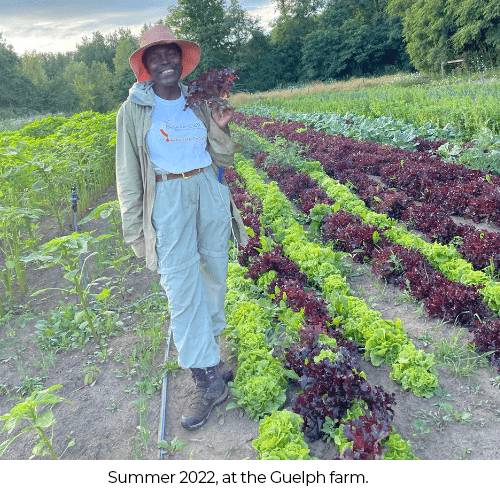
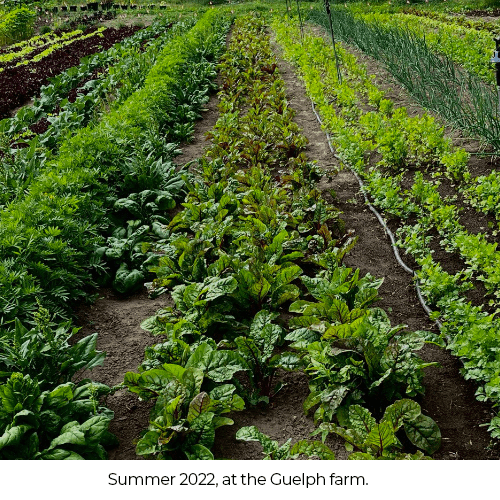
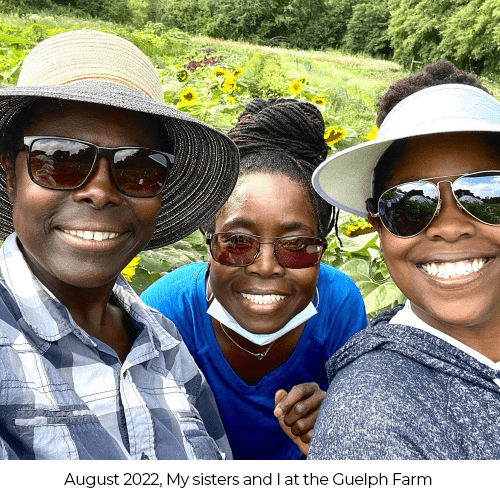
What made you decide to become a member of EFAO?
I became a member of EFAO to build relationships with farmers. I want to learn more about resilient ecological farm practices.
Farming in a just and equitable way is not easy. What makes you passionate about growing food and giving back to the community?
I gained my farming passion from my mother and grandmother. They grew food not for money but to nourish their family, friends, and neighbourhoods. As a child, I recall my grandmother bringing cooked food to sick neighbours. After a harvest, she would drop off portions to homes close by.
My mother continued the practice of her mother. Portions of our backyard garden always went to families, church members and neighbours. Whenever I brought food to my parents, the first thing my mom did was portion out the food for others.
These two ladies, Mothers of the Earth, are my inspiration. They taught me that collectively, we need to take care of each other. They are why I’m passionate about growing food and giving back to the community.
